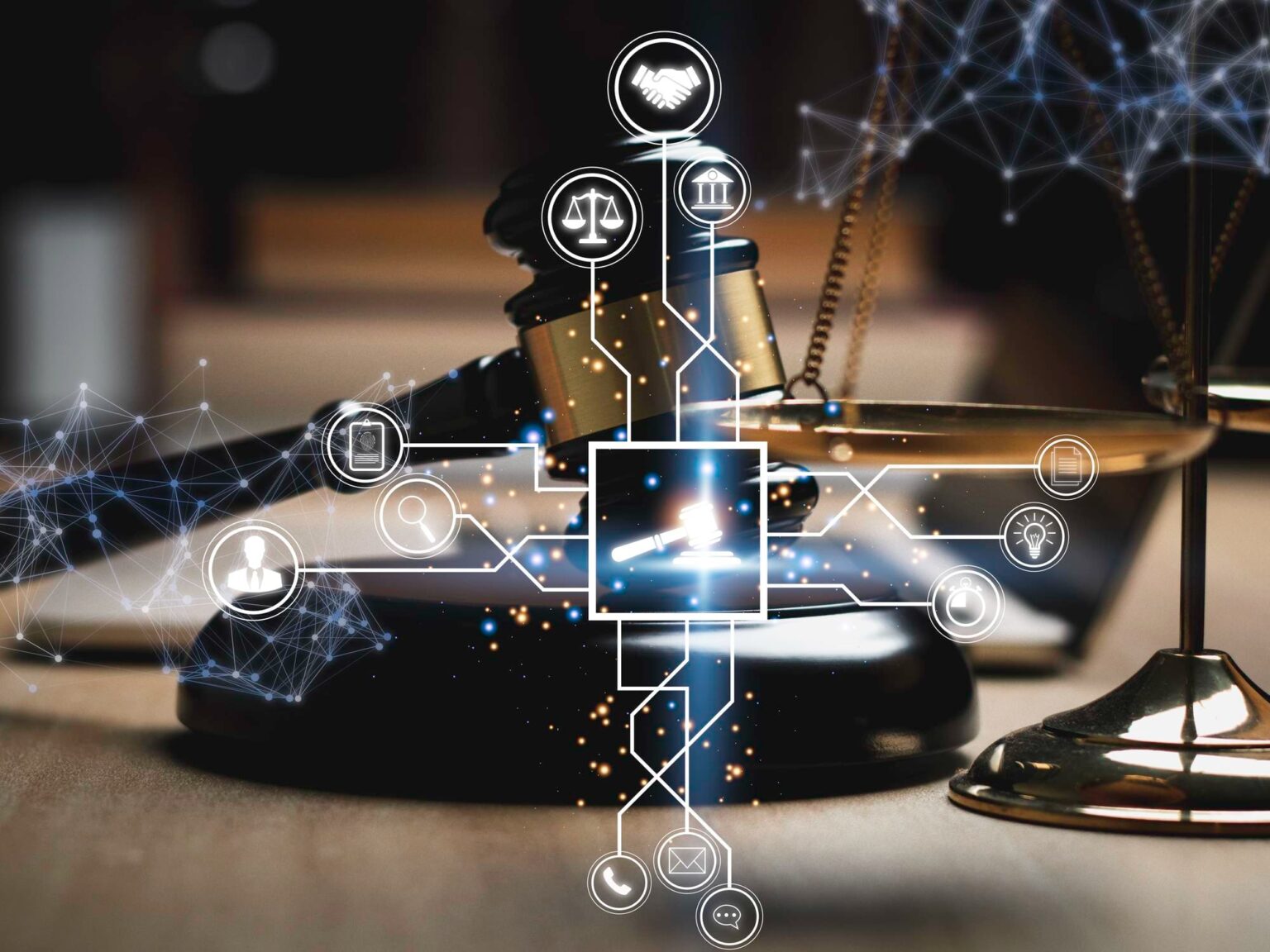The legal industry is undergoing a transformation with the advent of new technologies that are reshaping the way legal professionals work and deliver services. Here are some key innovations driving the future of legal technology:
- Artificial Intelligence (AI) and Machine Learning: AI and machine learning technologies are revolutionizing the legal industry by automating routine tasks, extracting insights from large volumes of data, and providing advanced analytics. AI-powered tools can assist in legal research, contract analysis, due diligence, and document review, significantly reducing time and costs associated with these tasks. Machine learning algorithms can also predict case outcomes, analyze legal risks, and assist in decision-making processes.
- Legal Analytics: Legal analytics tools leverage big data and AI to provide insights into legal trends, case outcomes, judge behaviors, and legal strategies. These tools enable lawyers to make data-driven decisions, assess the strength of legal arguments, and strategize more effectively. Legal analytics can also help law firms in business development by identifying potential clients and providing competitive intelligence.
- Blockchain and Smart Contracts: Blockchain technology offers secure and transparent transactions, which are particularly valuable for areas such as contract management and intellectual property rights. Smart contracts, powered by blockchain, are self-executing contracts with terms and conditions written in code. They automate contract fulfillment, reduce the need for intermediaries, and enhance transparency and trust in legal transactions.
- Legal Research and Knowledge Management: Advanced search algorithms and natural language processing (NLP) are improving legal research and knowledge management. AI-powered tools can efficiently sift through vast amounts of legal documents, case law, and precedents to provide relevant and accurate information for legal professionals. These tools streamline the research process, increase productivity, and enhance the quality of legal work.
- Online Dispute Resolution (ODR): Online platforms and technologies are facilitating the resolution of disputes through virtual mediation, arbitration, and negotiation. ODR platforms provide secure and efficient means for parties to resolve conflicts remotely, reducing the need for physical presence and saving time and costs associated with traditional dispute resolution processes. ODR also enables access to justice for individuals and businesses in remote areas.
- Cybersecurity and Data Privacy: The increasing reliance on digital technologies in the legal industry has heightened the importance of cybersecurity and data privacy. Law firms and legal departments are investing in robust cybersecurity measures to protect sensitive client data and confidential information. Technologies such as encryption, secure communication platforms, and data breach detection systems are being deployed to safeguard client trust and comply with privacy regulations.
- Virtual Collaboration and Remote Work: The COVID-19 pandemic has accelerated the adoption of virtual collaboration tools and remote work practices in the legal industry. Video conferencing, cloud-based document management systems, and project management tools enable seamless collaboration among legal teams, regardless of their physical locations. These technologies promote flexibility, improve efficiency, and reduce costs associated with physical office spaces.
- Legal Tech Startups and Innovation Hubs: The legal tech landscape is witnessing a rise in startups and innovation hubs focused on developing technology solutions for the legal industry. These startups are driving innovation by introducing novel tools and platforms that address specific pain points in legal practice. Collaboration between traditional law firms and legal tech startups is fostering a culture of innovation and pushing the boundaries of what is possible in the legal profession.
The future of legal technology is marked by increased automation, improved efficiency, and enhanced access to legal services. While technology can augment and streamline legal processes, it is important to ensure ethical considerations, data security, and regulatory compliance. Legal professionals who embrace and adapt to these technological advancements are well-positioned to deliver better legal services, improve client experiences, and navigate the evolving landscape of the legal industry.



